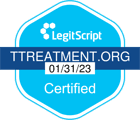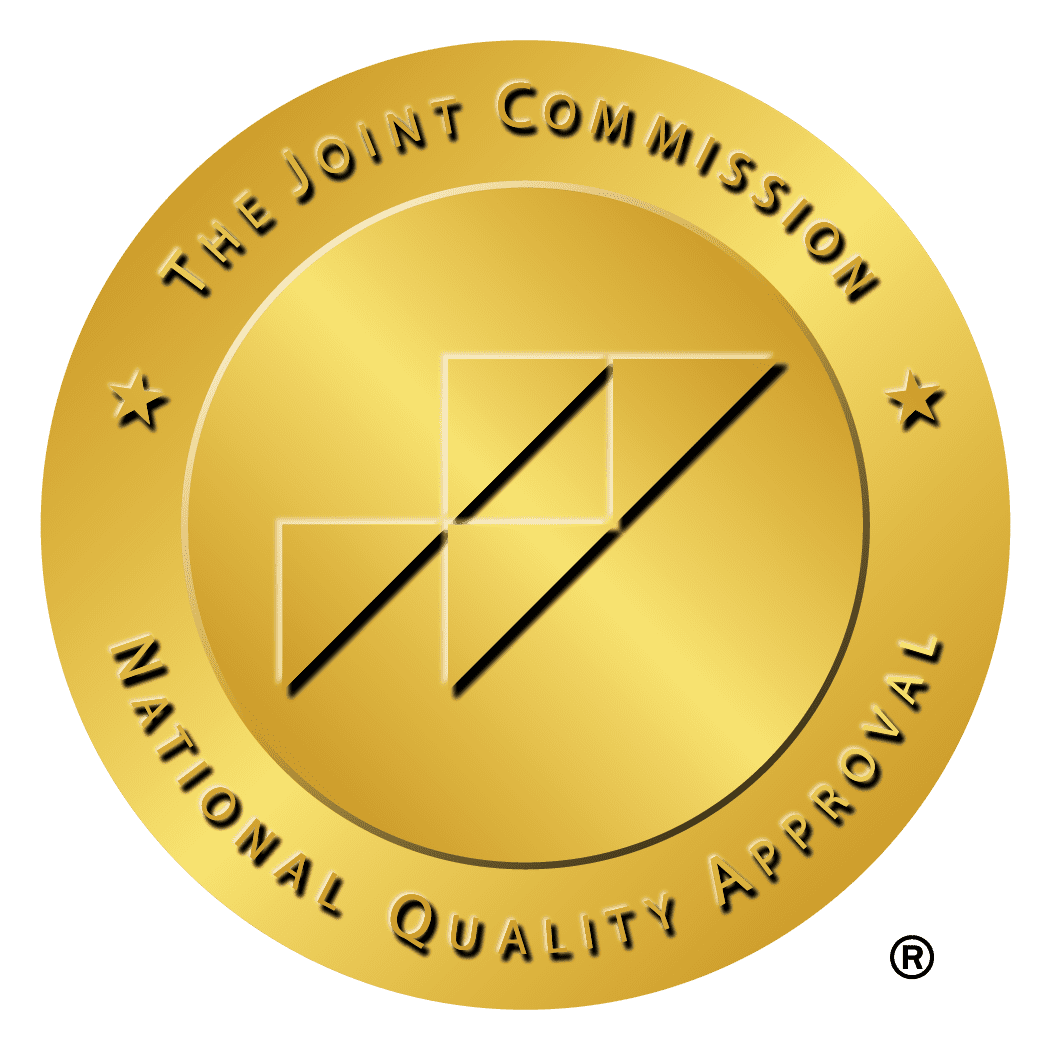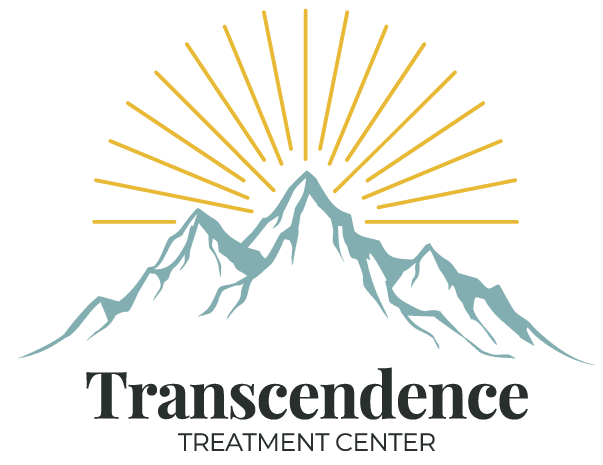Addiction is an issue that affects much more of the population than you may imagine, yet there is still a significant stigma that is associated with addiction.
What exactly is the stigma? Why does this occur? How does it manifest? What problems and complications does this stigma create? How do you overcome this barrier?
These are all great questions and we want to break down this issue as much as we possibly can for you. To clearly define stigma, it is a mark of disgrace associated with a particular circumstance, quality, or person. People may associate stigmas with shame, disgrace, and/or dishonor. They may also disapprove of or discriminate against an individual or group based on perceivable social characteristics that serve to distinguish them from other members of society.
We at Transcendence Treatment Center do not believe in discriminating against people based on an addiction they are suffering from. We aim to teach others about where stigma against addiction may come from and how these stereotypes are especially harmful to those who are suffering from an addiction. Let’s break it down.
Social Influence: The Moral Compass of the Nation
Within each society, there are going to be principles, expectations, and unspoken rules one should follow. Whether we intend to or not, many individuals have an internalized set of values and objectives that guide them in regard to ethical behavior and decision-making. When a person goes beyond this behavioral norm, society deems it unacceptable and this is often met with contempt instead of compassion. Instead of looking at moral choices as black and white, this should be treated as an issue of nuance. Those who go beyond societal norms, such as substance abuse, should be met with open-mindedness and a willingness to learn about their motivations, which will be especially helpful in helping them overcome them.
How Those with Addiction are Perceived, Treated, and Talked About
Getting help can be scary for people suffering from addiction when they are viewed as bad people. This idea of people with addictions being bad manifests itself into being perceived, treated, and talked about in a discriminatory way. People’s minds often wander to blame people who are struggling with addictions, viewing them as bad people, immoral, deviant, etcetera. Addiction can be met with poor treatment such as being kicked out of medical facilities, tossed out of their living situation, denied medical care, and undergoing public and/or private shame by individuals in their life. Actions and perception aside, the mere way that people talk about people suffering from addiction has a negative connotation that is unlikely to be productive in getting the person suffering help. It is not uncommon to hear of someone being labeled as a druggie, drug addict, alcoholic, dirty, so on and so forth. These labels further perpetuate stigma and take the humanness out of the issue they are dealing with.
Feelings of Shame Keep Addiction in the Dark
If the whole world felt like they were shaming you for your choices, it’s not difficult to imagine why it would be hard to ask for help. Asking for help in any setting can be uncomfortable, never mind asking for help when your brain chemistry becomes dependent on substances that the general public disapproves of. One’s own fears of failure, vulnerability, and built-up shame based on the aforementioned stigmas often prevent those who are addicted from seeking help, thus, they remain in the dark and keep these stigmas perpetuating further.
Inadequate Resources for Treatment
Up until recently, many individuals abided by the ideologies that guide the Moral and Choice Models, viewing addiction as a moral failing or choice rather than a disease of the brain. Since the nature of this change has been more recent, there are still many issues when it comes to getting funding for help, especially for those without insurance. Not having the valid funding, resources, or know-how to get help is certainly a large deterrent to healing from addiction.
Educating the Public of Underlying Causes of Addiction
Viewing addiction as a choice does not take into account the underlying causes that often accompany addiction such as trauma, abuse, neglect, and other biological contributions. These causes are to be taken seriously and can have a significant impact on one’s overall health. Individuals who experience trauma or abuse at any time in their lives, who do not have adequate coping skills, will often turn to alcohol and/or drugs as a means of numbing the feelings associated with that trauma.
Understanding Addiction is a Disease
Addiction directly impacts the brain, brain function, and brain chemistry. Dopamine makes us feel good and wants to keep doing what we’re doing, which ultimately alters judgment, decision making, learning, and memory. When one is suffering from addiction, habit loops are formed and change the way your organs function, the defining characteristic of chronic disease. Chronic disease can be treated and managed, but it, unfortunately, cannot be cured. Addiction is a chronic disease of the brain in the same way that diabetes is a chronic disease of the pancreas or that heart disease is one of the heart. Understanding that addiction is a life-altering disease and not merely a choice allows society to decrease some of the stigma surrounding addiction. All it takes is more education.
Normalizing the Need for Therapy for Trauma, Abuse, Neglect, etc.
Addiction is often a coping mechanism for those who have grown up in toxic situations such as traumatic, abusive, or neglectful households. Normalizing and lowering barriers of entry to therapy is a preventative way to combat unhealthy coping mechanisms, such as that of drug abuse. While therapy has begun to become more normalized in recent years, there still remains a persistent negative stigma around seeking help via therapy. This negative stigma only further perpetuates unhealthy coping mechanisms and prevents underlying issues from being dealt with.
Utilizing Recovery Language
Taking the blame off of the person who is facing addiction by the way in which you discuss their addiction is a very simple but very impactful way to reduce stigma. There is an inclusive list of recovery language that suggests helpful swaps such as:
- Drug of choice → Drug of use
- Relapse prevention → Recovery management
- Denial → Ambivalence
Educating the general public, health professionals who work with those with addiction or mental health concerns, and those addicted themselves to use this type of language makes recovery easier for all with less stigma and shame surrounding the topic.
Advocacy and Support for Community, Family, Friends and Those in the Throes of Addiction
If you are someone who is indirectly being impacted by the addiction of someone in your life we want you to know it is okay to not be okay. Dealing with addiction is never easy, even if you are not the one struggling. You are worthy of having your voice heard and getting the help and support you need. In fact, getting extra support may allow you more courage to help the person who is struggling with addiction. Talking with a professional or joining advocacy groups with others who are going through similar circumstances shows that you are not as alone as you may feel.
—
Overall, our goal at Transcendence Treatment Center is to provide holistic healing to those who are undergoing struggles with addiction, while actively practicing to take the stigma out of addiction and remove barriers to entry. If you or a loved one needs help, Transcendence Treatment Center is there every step of the way to help with recovery from substance abuse, allowing regained control of life. Give us a call today for more information: 854-222-3773.



